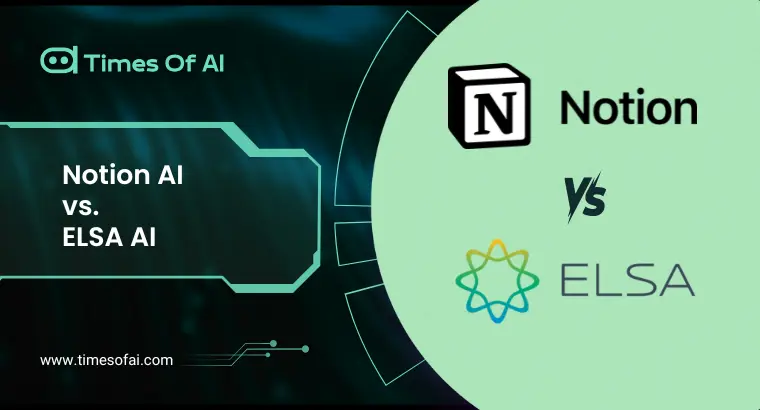
Boston, MA – November 12, 2024- A new study conducted by MIT Sloan Management Review (MIT SMR), in collaboration with the Boston Consulting Group (BCG), highlights that firms employing AI-powered learning methods outperform those that still use traditional learning methods by as much as 80% when it comes to addressing unexpected events.
The report, Learning to Manage Uncertainty, With AI, emphasizes that as role players in the market face new technologies, regulatory, and human capital implications, AI has a strategic significance for the firm’s sustainability.
The adoption of AI last year went up by 20% with most companies naming GenAI as core to strategy.
“AI is not just about improving efficiency; it changes the way companies develop and change over time,”
Says Sam Ransbotham, Boston College Professor and co-author of the report.
“These people do not fear AI, 84% of surveyed believe AI will have a positive impact on their job.”
Now called “Augmented Learners” firms that apply an AI and organizational learning approach are better suited than their learning-challenged counterparts in dealing with talent and regulatory change, being about twice as equipped.
“Those companies are 60% to 80% over those companies skilled at managing external uncertainties or adversity,”
Says Paul D. Gibbons, co-author and BCG Senior Partner.
The research explains that generative AI is an important part of business strategy for current companies, but there are still things that need to be done in order to implement AI successfully.
“If developed properly, AI provides the organizations with insights of busy and complicated environments and adjust appropriately,”
Complimented David Kiron, the editorial director of MIT Vector.
As AI becomes part of the organization’s integration, the authors believe that embracing an organization integrating AI-powered learning mode will help businesses in current dynamic conditions.
Source: https://www.bcg.com/press/12november2024-organizational-learning-and-ai-specific-learning-managing-uncertainty





